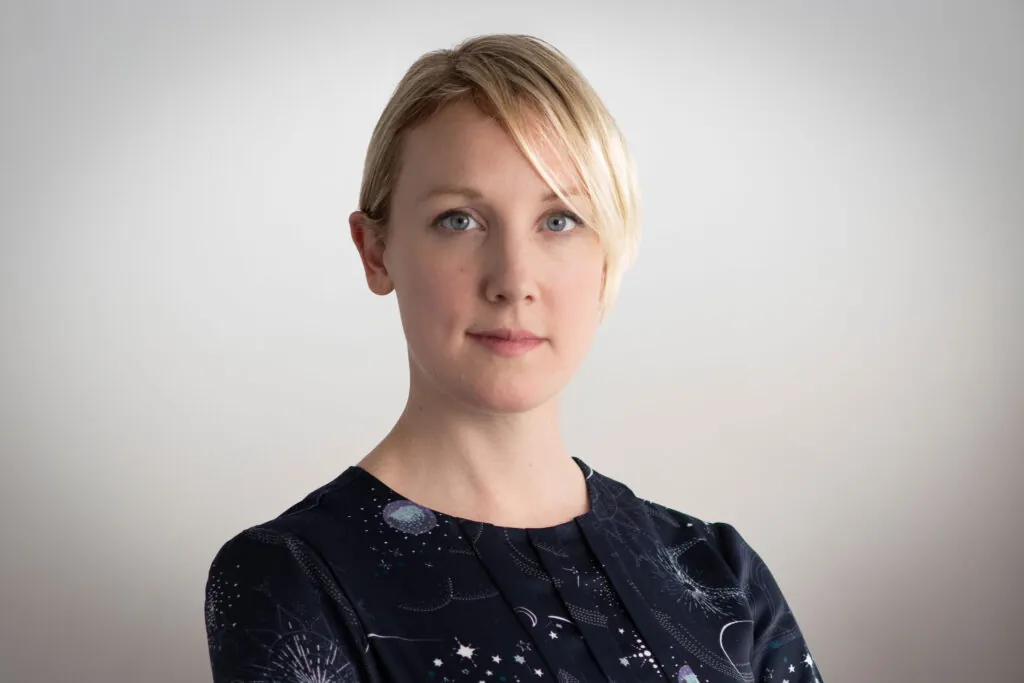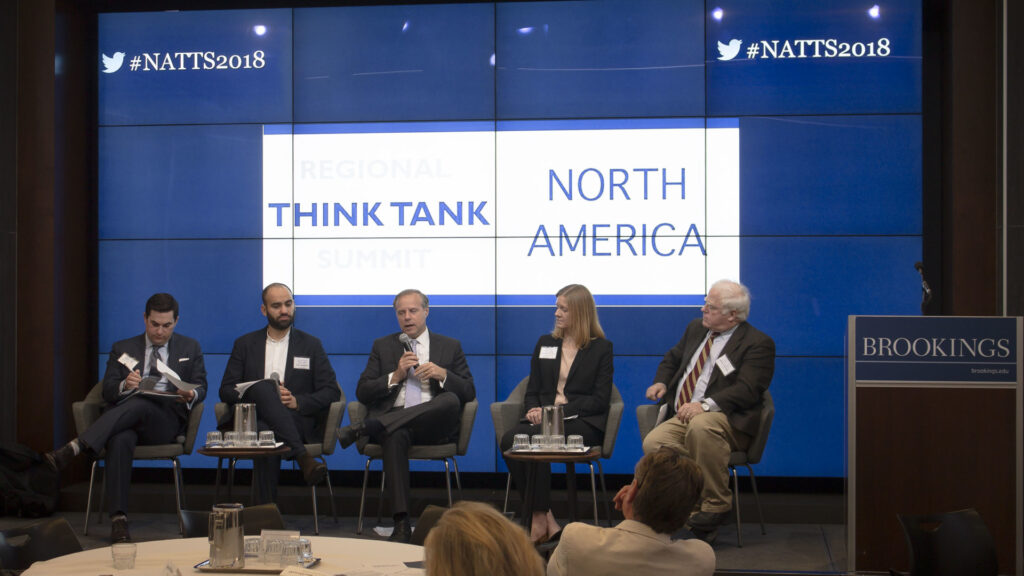This interview with Toby Lowe is part of the {GETTING POLICY UNSTUCK} series. Toby is Professor of Public Management at Newcastle Business School, Northumbria University and Visiting Professor at the Centre for Public Impact. You can read more of his thoughts on Medium.
Let me tell you a story about why change in public service is needed. If you fall into debt on your council tax, the system raises an automatic flag and generates a letter saying ‘please contact this team and arrange payment’. After a while the council will chase you and say ‘if you don’t pay we are going to send the bailiffs around.’ At that point, some people phone up and make arrangements to pay in instalments. But the majority of people who haven’t paid, can’t pay. As soon as the bailiff’s knuckles touch their front door, that adds more debt in fees. But what the bailiffs find when they get there is people with nothing. So the entire process is a really expensive way of making vulnerable people’s lives much worse, and there is no financial gain for the council at all.
Eventually a couple of people at Gateshead Council said ‘we don’t want to do this anymore’. They didn’t go into public service to make people’s lives worse. So they found the Director of Public Service and they said ‘Okay, let’s take a cohort of 50 people who were in this system who’ve had the flag and let’s do something completely different.’ Their hypothesis was that most people’s lives tick along pretty well most of the time, but occasionally something causes a wobble. Can we hear the signals of someone’s life starting to wobble and is someone getting into council tax debt one of those signals? Instead of a punitive response, the idea here was to phone people and ask ‘Is there anything we can do to help?’
Somebody got one of those phone calls offering help and put the phone down. They phoned the council switchboard and said ‘I’ve just had a prank call from someone pretending to be from the council. It couldn’t have been someone from the council… they offered to help.’ Think about what state we’ve got ourselves into, when a member of the public thinks someone offering to help cannot be from the public service. Public service should be a source of freedom and flourishing – not state control. We need to change it.
The whole mindset of ‘delivery’ is the wrong framing. If we believe that public service should help people to create good outcomes in their lives, we need to ask ‘How is an outcome made?’ ‘Delivering’ public service to people is not how outcomes are made.
Outcomes are made by complex systems, not by individual actors. There are lots of different actors in a system, and hundreds of interdependent causal factors, whose efforts and effects are contributing to support or frustrate a specific outcome. You are not in control of enough of those factors to ‘deliver’ an outcome – it’s just the wrong starting point to think about how outcomes are made. Outputs can be delivered. I can deliver an event – I can book a venue, invite people. There is stuff that can be delivered, and stuff that cannot be delivered. The delivery mindset is appropriate to outputs – but we stopped thinking that it was outputs that are important 25 years ago. The ‘delivery’ mindset doesn’t help public service to think, talk about, and create outcomes.
We should be thinking about policy interventions as experiments. Policy can change some of the structural conditions which affect the pattern of results of a system. Policy can re-make a system, so that it is more likely to produce desirable outcomes. But the thing about policy interventions is that they are bound to have unintended consequences. And this is why it’s important to run policy as continuous experiments, in which the policy framework encourages and enables local experimentation. Until you actually try the change in real world circumstances, in the particular time and place that you’re operating, there are no guarantees of what will happen. Even if something works in one place, it may not work somewhere else. Or if you try to do the same thing in the same place but at a different time, there’s no guarantee that the people that made it work the first time will be in the same jobs. Which is why thinking about these interventions as experiments is super important, moving away from ‘we deliver things’ to ‘let’s experiment with changing the pattern of results.’
You can’t do evidence-informed policy making on wicked, complex problems. The evidence on evidence-informed policy is really clear: a complex system does not function in a way that you can take knowledge from Context A and apply it to Context B. The purpose of an experiment is not to find “the answer”, so that you can then take that answer to scale. The entire premise of evidence-based policymaking is false. Evidence-based policy making makes sense if the world is simple and linear, but as soon as people acknowledge that the world is complex, the foundational assumptions of it break. This does not mean that we shouldn’t use evidence: evidence-informed practice is absolutely necessary. An evidence-informed practice approach enables practitioners to appropriately use evidence in context. Once more, the key shift is a move away from implementation and ‘delivery’ mindsets, to one of enabling continuous exploration.
Performance management of impact metrics makes impact harder to achieve. The rational and effective way to create good-looking metrics is not to do impactful work. If I do exactly the right thing that I should be doing to try and achieve change, there is no guarantee that it will create the impact I want because it might be swamped by all of the other factors in a complex system. So if funding is associated with hitting impact metrics, and that’s how you win contracts, then the rational way of changing impact metrics is to focus on gaming the data. It turns everyone’s job into the production of good looking data, rather than doing the job in front of me.
We cannot achieve the public service we want if we continue doing what we are doing. The current setup has failed continuously for 40 years. As one Integrated Care Board director recently said to me – when it comes to public management, “we are addicted to tried and tested ways of failing”. If you’re interested in exploring what an alternative looks like, look up Human Learning Systems. It’s a totally different way of doing public management – and it requires a rethink on how we do public policy.
Parting thoughts…
Find the people who are pissed off for all the right reasons. Surround yourself with people who are also interested in making that change that you want. You can keep each other going when it gets hard finding the other people who care about this stuff.





